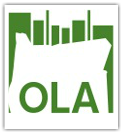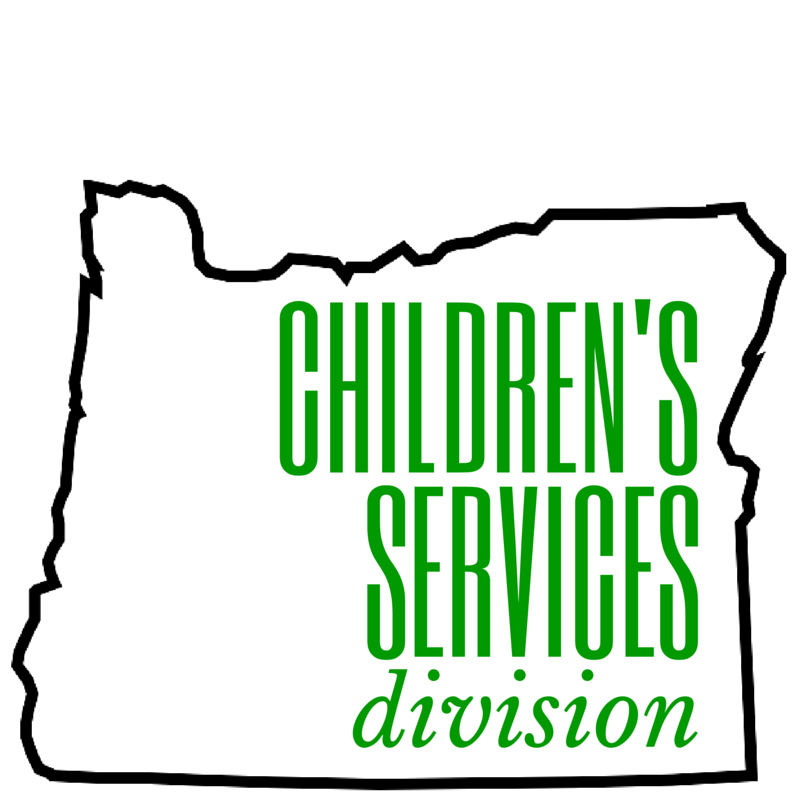Grant finding tips
With the many functions public libraries serve, it can often be difficult to find funding for additional projects. However, the demonstrated value of Early Literacy activities gives you access to a wide range of public and private monies for your projects. We have compiled a list of the best prospects for funding your beneficial work with children.
Think Local Foundations and corporations tend to fund organizations within a specific geographic location, as do state and regional governments. A smaller number of the bigger foundations and the federal government fund projects on a national scale. So, here’s a rule of thumb when using the Government funding and Private/corporate foundations matrices: First look to private and corporate foundations with an interest in your local city or county, then on to the foundations interested in our state, before considering pitching a grant project to funders with a regional (Pacific Northwest) or national interest. Collaborate In your efforts to improve Early Literacy awareness in your community, we hope that will consider joining with other organizations concerned with child welfare. Collaboration offers not only a better opportunity to receive funding, but also several other tangible benefits. Collaboration offers you: · Access to additional resources · Opportunities to cooperate across institutional borders · New perspectives and ideas · Opportunities to think “outside the box” · Access to new target populations · Relationships for the future · The competitive edge: Grantmakers want to fund collaboration. Grantmakers want to see organizations and groups working together to solve problems. Collaboration also allows for leveraging possibilities. Collaboration can expand the eligibility of the cooperating partners to seek funds. However, collaboration is not without pain and effort. Sometimes conflict occurs. Sometimes people forget that their success came from the collaboration. You can’t walk away from the game and take all of your marbles. Sometimes collaborators have to cooperate for the greater good, and then benefit from the next round of funding’s new opportunity. Your regional Early Learning Hub is a great place to start when looking for potential collaborators in your area. Improve Your Odds Consider following these steps to better your chances of successfully receiving government grants: 1. Register to receive notification of federal grant funding in each category of potential interest. 2. Contact (by phone or email) the program contact person to confirm the lead applicant’s eligibility for the grant program. 3. Request or download the RFPs (Requests for Proposals) from a federal website. 4. If available, obtain a copy of a past successfully funded proposal. 5. Receive permission to proceed, analyze the application guidelines, set up a timeline for the process (which may also include submitting a letter of intent to apply), and develop a list of questions that must be answered to complete the application. 6. Work with the project’s grant seeking team to submit proposals. (It can take up to a year to receive notice of an award from a state or federal funding agency.) Learn More Not sure where to get started? The Foundation Center provides free articles and webinars to help you get your grant! They also have their own online reference librarian who will answer questions via e-mail or chat and physical locations where you can search their detailed grants database and get assistance finding and applying for grants. If you need help finding research quotes or early literacy statistics for your grant application, contact Greta Bergquist, our Youth Services Consultant at the State Library of Oregon. Finding grantsFederal Grants Grants.gov Grants.gov allows organizations to electronically find and apply for competitive grant opportunities from all federal grant-making agencies. As of November 2003, all federal agencies are required to post grant opportunities online at this website. You can browse by category, agency, or use advanced search capabilities to identify potential programs and/or link to grant applications posted online. You can also use the CFDA number, included below in Government grant sources, to search for specific grant opportunities. Finally, you can also register to receive grant opportunity notifications.
Catalog of Federal Domestic Assistance The online Catalog of Federal Domestic Assistance provides access to a database of all federal programs available to state and local governments (including the District of Columbia); federally- recognized Indian tribal governments; Territories (and possessions) of the United States; domestic public, quasi-public, and private profit and nonprofit organizations and institutions; specialized groups; and individuals. When a grant program opens, requests for proposals (RFPs) are published in the Federal Register. You can use the CFDA number, included below in Government grant sources, to search for specific grant opportunities. When searching on these sites, consider searching by government program (e.g. No Child Left Behind), by category (e.g. education), or by agency (e.g. Department of Education). The following keywords or any combination thereof may also prove useful: literacy; Head Start; early childhood; parent education; reading; children + families. Library Grants Blog by Stephanie Gerding. Stephanie Gerding is the co-author of Winning Grants (2nd ed.), a book that is available to borrow from the State Library. Anyone can sign up to receive blog updates via Twitter, RSS feed, or email. See the options in the column on the right of any blog page. The following departments and divisions are particularly fruitful sources of federal grants. More detailed information is posted on each individual agency’s website: · Department of Education · Corporation for National and Community Service · Institute of Museum and Library Services · Administration for Children and Families, Dept. for Health and Human Services · National Endowment for the Humanities · National Institute for Literacy State grants Oregon.gov Oregon.gov, the state's web portal to all of its services, provides your best source for grant information. State funding sources are more limited than federal source but generally may be more specific in scope and do not have as many applicants. In particular, check out grant opportunities from the following agencies: · Oregon Department of Education · State Library of Oregon, Library Development Services Non-Government Grants Oregon Foundation Databook The Oregon Foundation Databook is a directory of every Oregon foundation, with comprehensive profiles of the largest 280 grantmaking foundations and a categorical listing of every one of the more than 12,000 grants they awarded to mostly Oregon nonprofit organizations for the most recent year on record. The most recent edition is available for ILL through the State Library of Oregon. Foundation Center The Foundation Center is the leading source of information about philanthropy worldwide. Their Foundation Directory Online Free database provides information about nearly 90,000 grant-issuing foundations. The Foundation Directory in print or the subscription-based Foundation Directory Online has additional resources for grant seekers. There are 6* Funding Information Network locations in Portland, Eugene, Astoria, Bend, and Klamath Falls. The centers offer access to their full database of grant funders and reference assistance to help you with your search. * There are 2 in Eugene: One at U of O and one at the Eugene Public Library. |
Grants can be frustrating, but we've got you covered.
Download this information in two documents to easily share and print:
Need grant help?
Contact Greta Bergquist, Youth Services Consultant, State Library of Oregon.
this page last updated 8/9/2015 | ||||
|
Contact Us
Join Children's Services Division! Contact [email protected] for membership information. The purpose of this site is to improve communication among Division members, publicize Division events and activities, introduce new and prospective members to the Division, and to link to useful Internet sites. Bylaws & Award Procedures |


